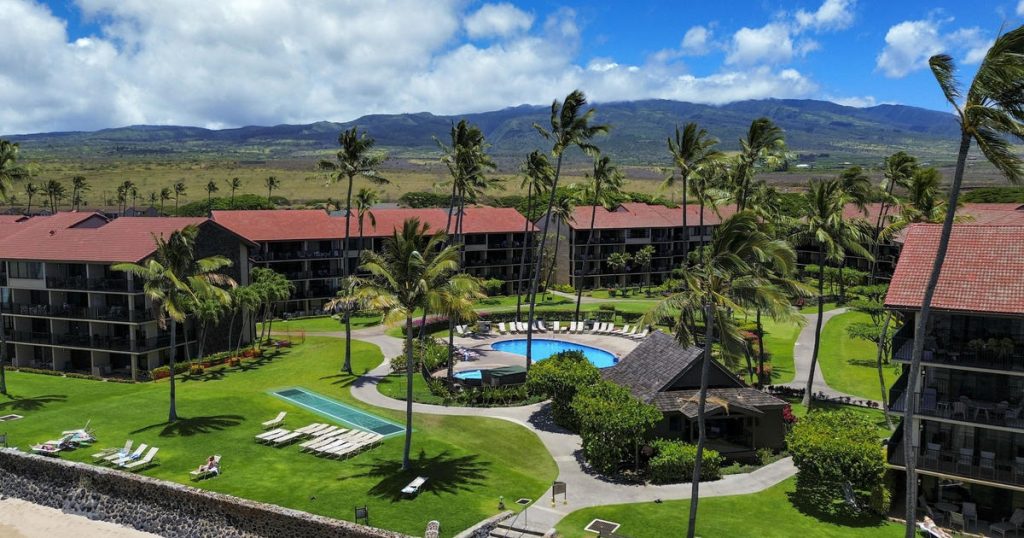Alicia Humiston, a condo owner in Lahaina, fell in love with Maui after visiting and now travels there regularly, renting out her unit when she’s not on the island. However, Maui’s mayor has proposed a plan that would make it difficult for Humiston and other condo owners to rent their properties to tourists. Instead, the mayor wants them rented long-term to address a housing shortage that was exacerbated by a deadly wildfire last August, leaving many residents displaced and without stable housing. The mayor’s proposal has sparked a debate about the future of tourism on the island and the impact it has on housing availability.
The proposal to transition vacation rentals to long-term rentals would significantly increase Maui’s residential housing stock, potentially lowering buying prices and rents. Many of Maui’s condos are owned by out-of-state residents, and the change would force absentee landlords to either sell their units or convert them to long-term rentals. Advocates of the proposal believe that lower rents would enable locals to afford housing on the island, while opponents argue that reducing lodging for visitors could harm Maui’s tourism industry, leading to job losses and economic repercussions. The county is studying the potential impact on tax revenue and businesses that rely on tourism.
The proposal would affect thousands of condo units in apartment zones, including areas near the Lahaina burn zone, with the change taking effect by 2025. Critics of the plan argue that local residents may not be able to afford the units even if they become available for permanent housing and that the properties could end up sitting empty as second homes for wealthy absentee owners. To address the housing crisis, experts suggest raising taxes on second homes, promoting long-term rentals, and prioritizing new housing construction. The county is considering various strategies to ensure that residents have access to affordable housing and that the tourism industry continues to thrive.
The debate over Maui’s housing crisis highlights the complex relationship between tourism and local residents’ needs. While addressing the housing shortage is crucial for the well-being of Maui’s community, the potential impacts on the tourism industry and tax revenue pose challenges for policymakers. Finding a balance between serving the needs of residents and visitors is essential for the sustainable development of Maui as a travel destination. In the midst of ongoing discussions and legal challenges, stakeholders must work together to create solutions that benefit both the local population and the tourism sector.


